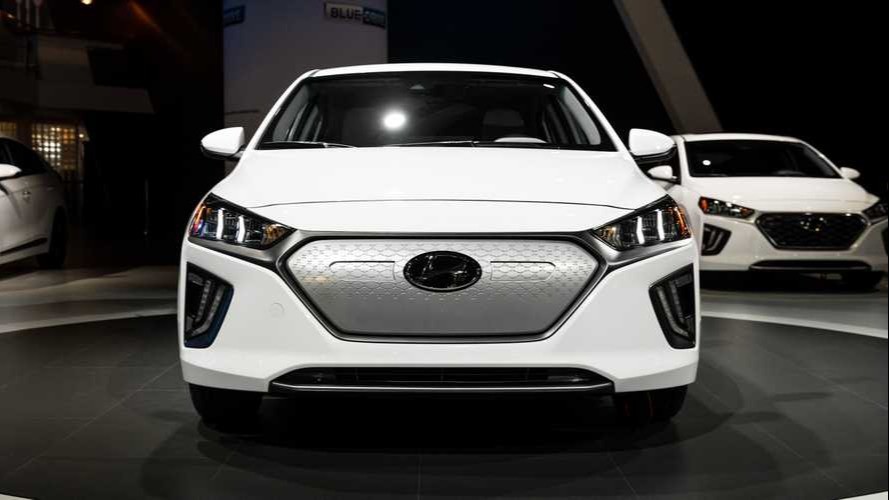Hyundai Sued For Selling Cars With Safety Features That Didn't Exist
Hyundai is facing a class-action lawsuit in California after one owner accuses the automaker of selling its cars...

Hyundai Sued For Selling Cars With Safety Features That Didn't Exist
Hyundai is facing a class-action lawsuit in California after one owner accuses the automaker of selling its cars with safety features that they didn't have.
According to the lawsuit – filed in the U.S. District Court for the Central District of California and reported by Car Complaints – the Hyundai Ioniq was falsely advertised with Blind-Spot Collision-Avoidance Assist and Rear Cross-Traffic Collision-Avoidance Assist systems. However, the cars, or in this case the plaintiff's Ioniq Limited, only come with Warning systems.
To differentiate, the Assist system mitigates rear-cross traffic and blind-spot collisions by applying emergency brakes when necessary. The Warning system, as you would have guessed, only warns the driver of imminent danger but will not interfere with the mechanicals.
According to the complainant, the Monroney label of his Ioniq Limited clearly states that his car should come with Assist systems and not just mere warnings. Hyundai, however, told him that that should not be the case as these cars should come with Warning systems only. The Car Complaints report didn't come with any photo of the said window sticker, nor did it state which specific Hyundai Ioniq is involved in the lawsuit.
A quick look at Hyundai's U.S. website shows that the Ioniq Hybrid SE, SEL, and Limited trims come with Blind-Spot Collision Warning (BCW) with Rear Cross-Traffic Collision Warning (RCCW) only. No Ioniq, whether it's electric, hybrid, or plug-in hybrid, comes with Assist systems.
According to the owner, he repeatedly contacted Hyundai about the issue but "nothing did any good and Hyundai offered no solutions or relief."
The Hyundai Ioniq class action states that "Hyundai deceptively marketed, advertised, sold and leased the 2020 Ioniqs to customers nationwide. And those customers allegedly had no safe or practical method of confirming if the cars were equipped with the systems or verify if the systems functioned properly."